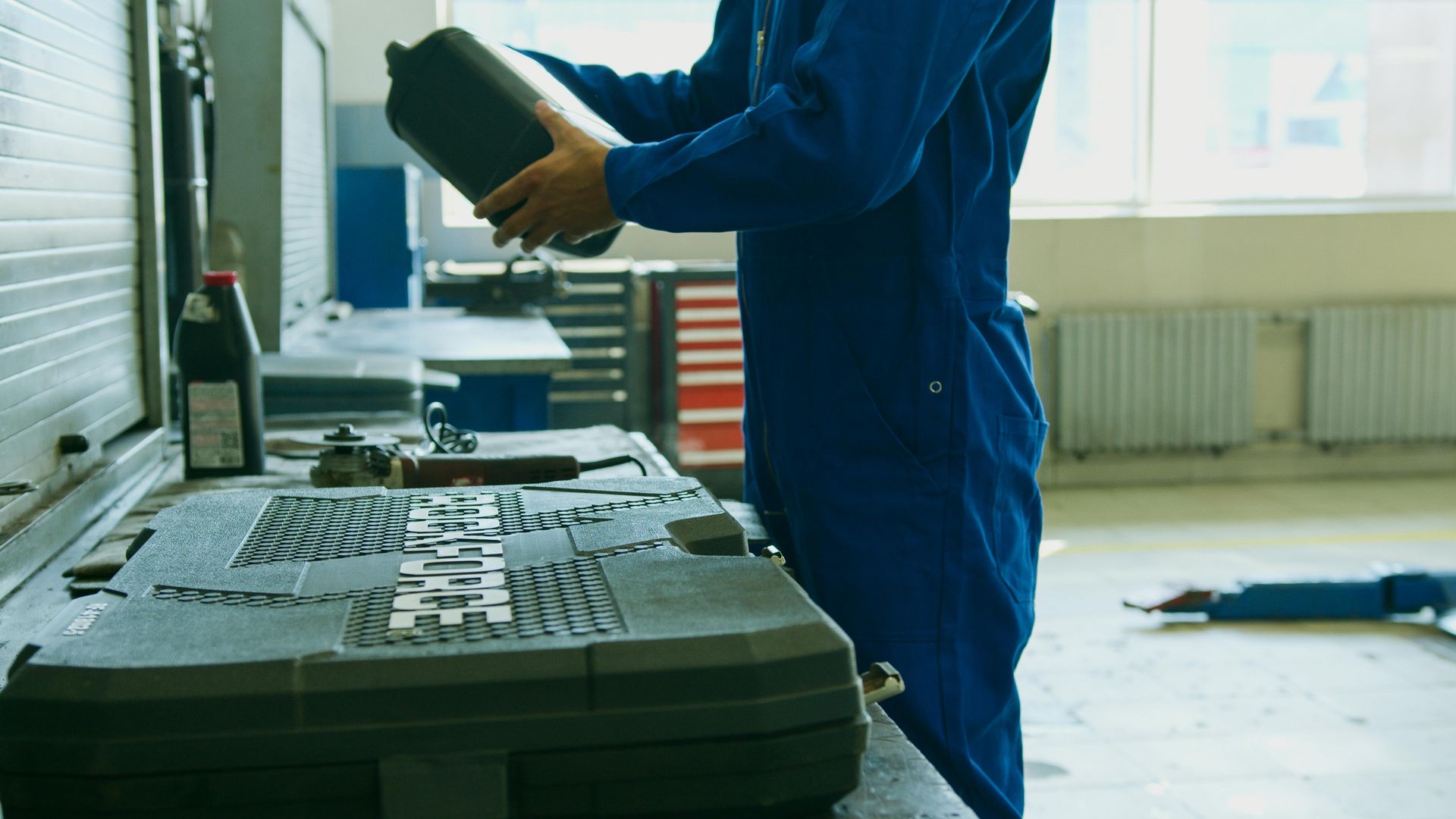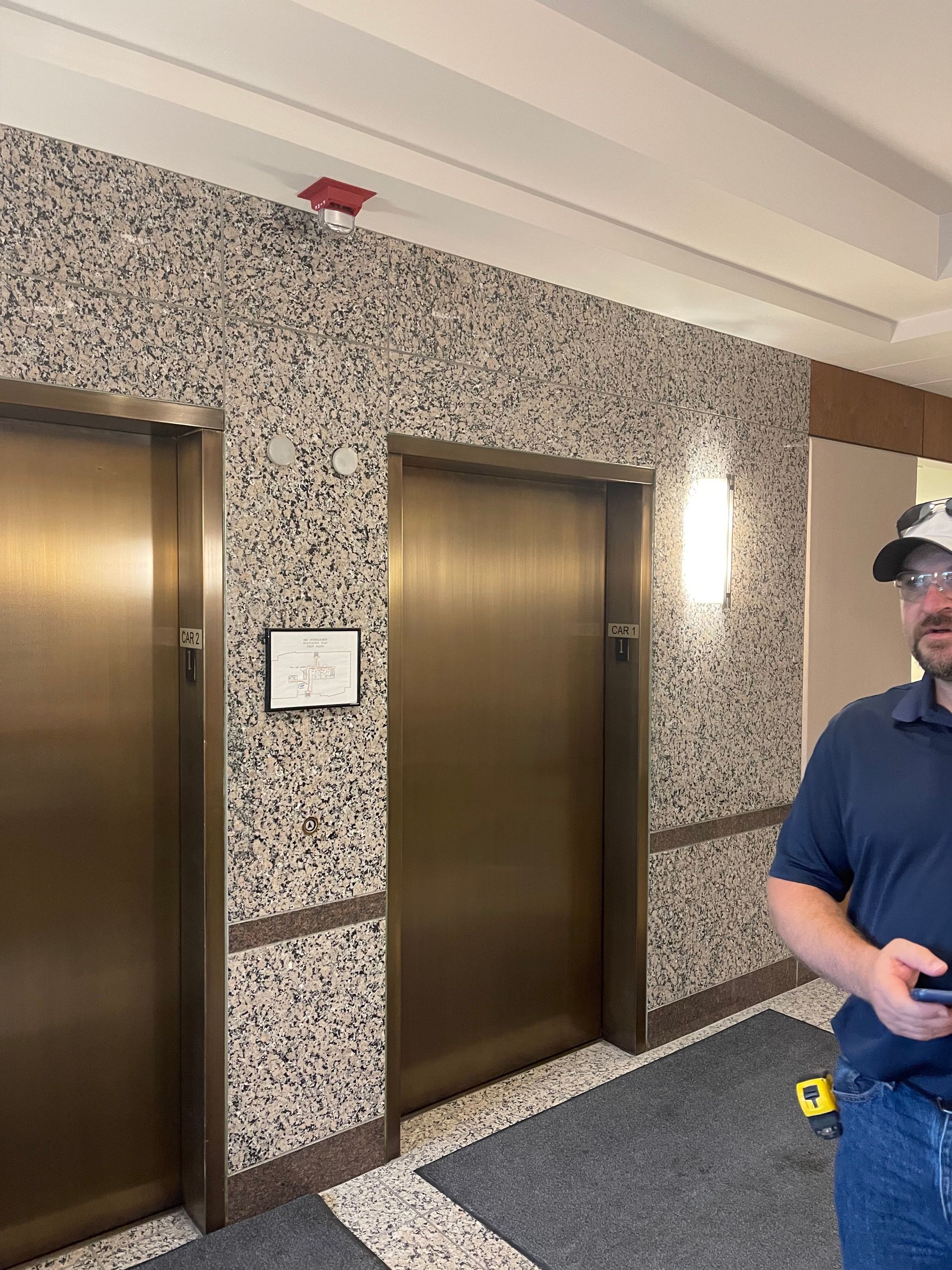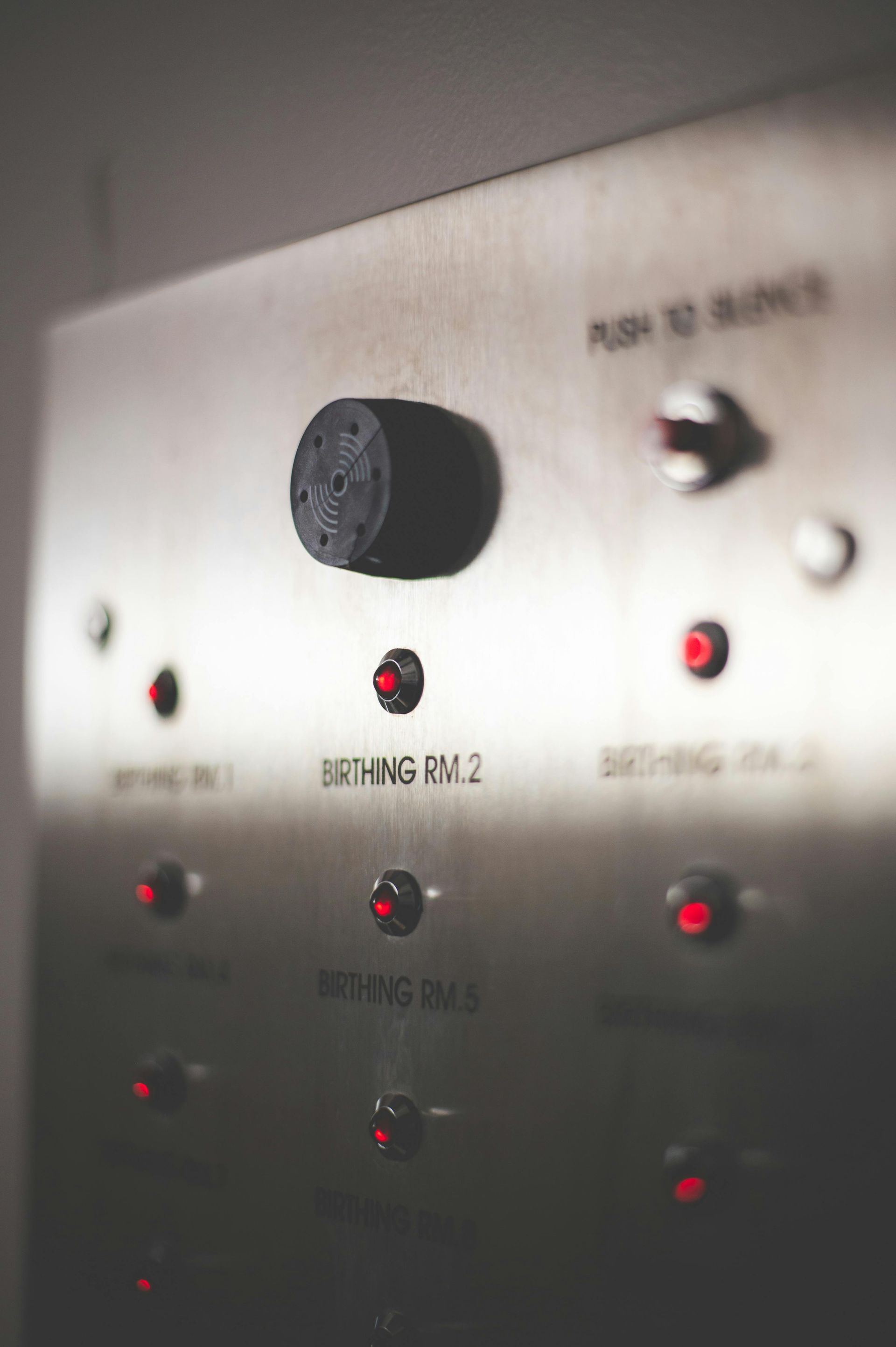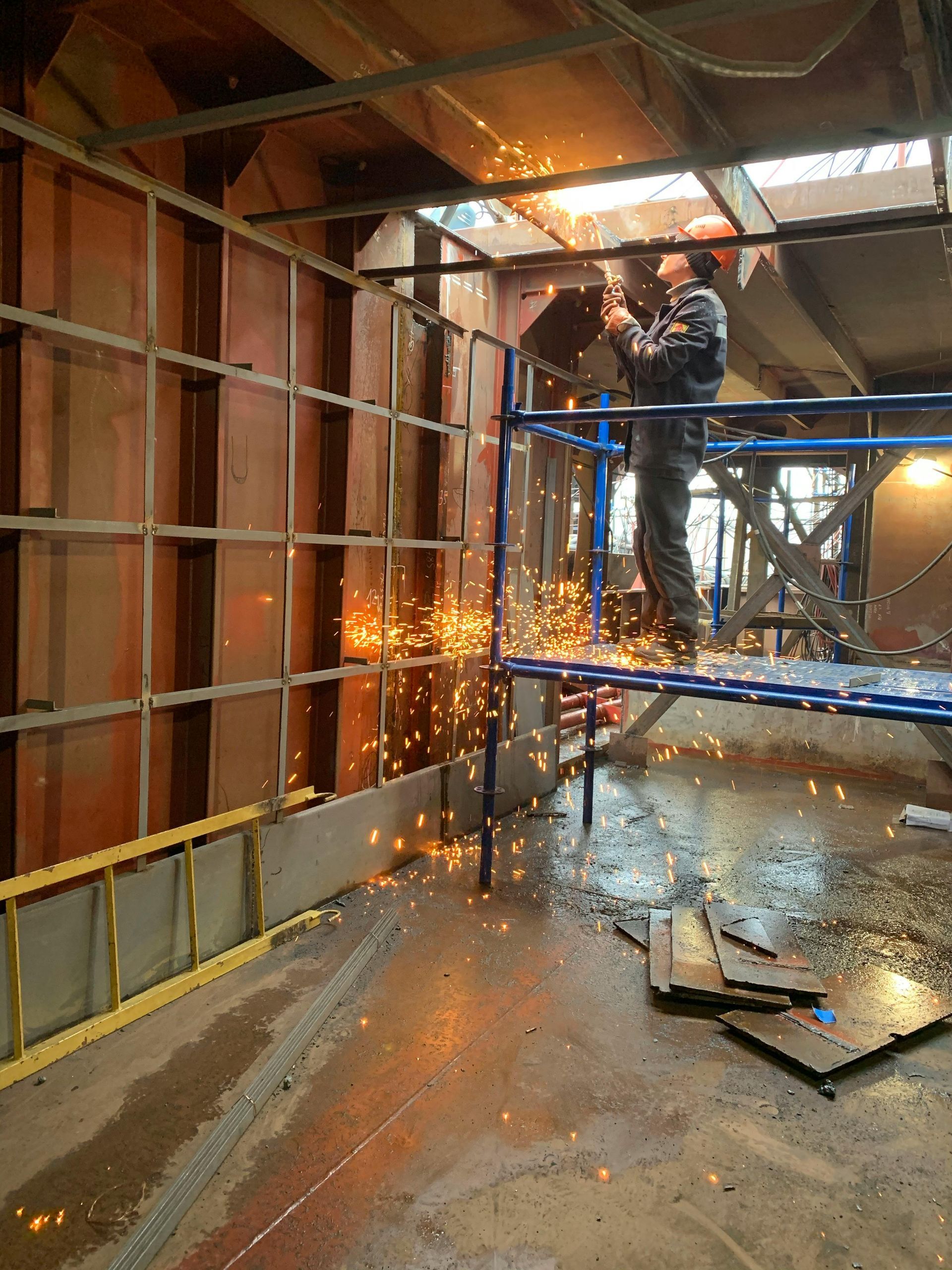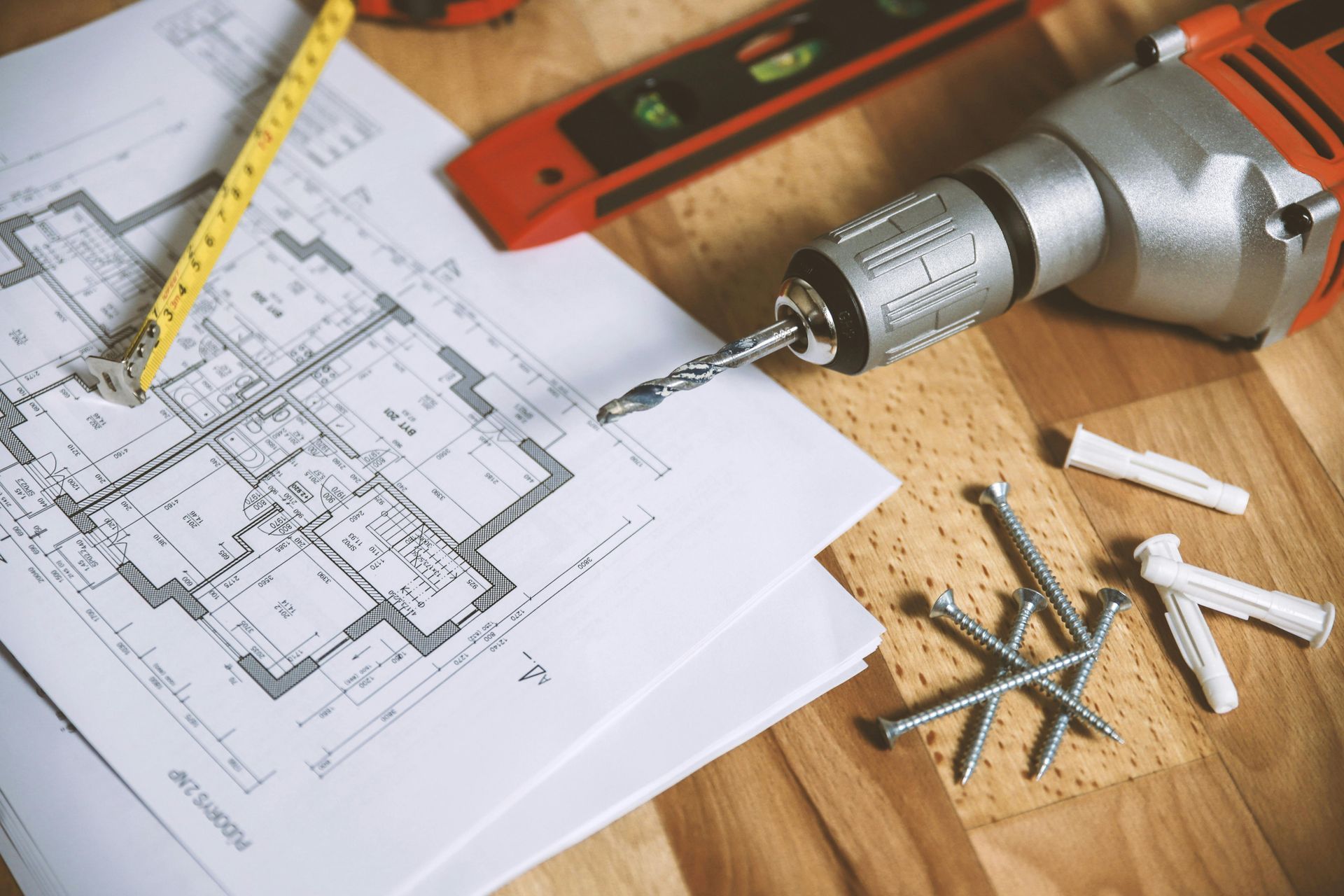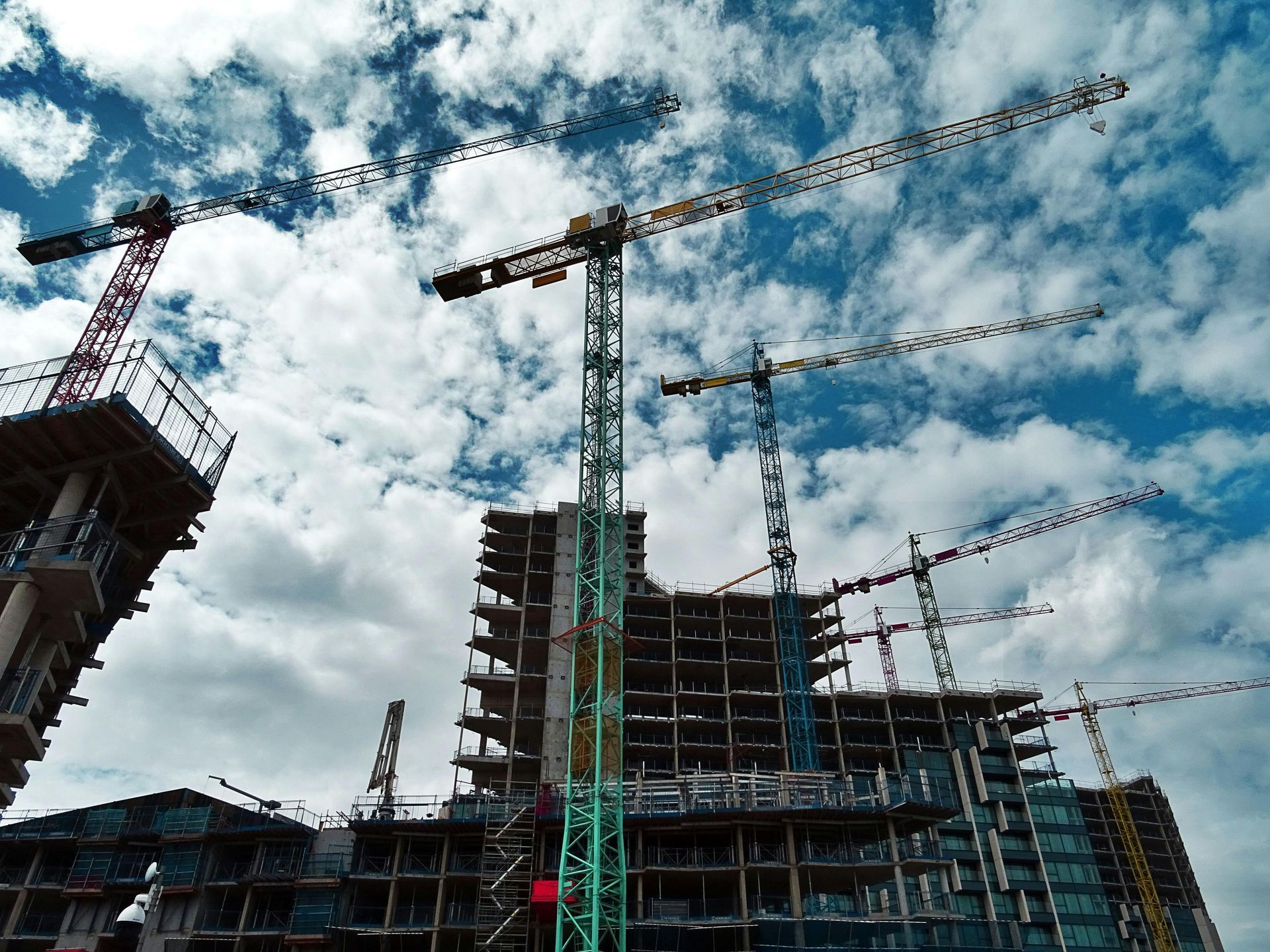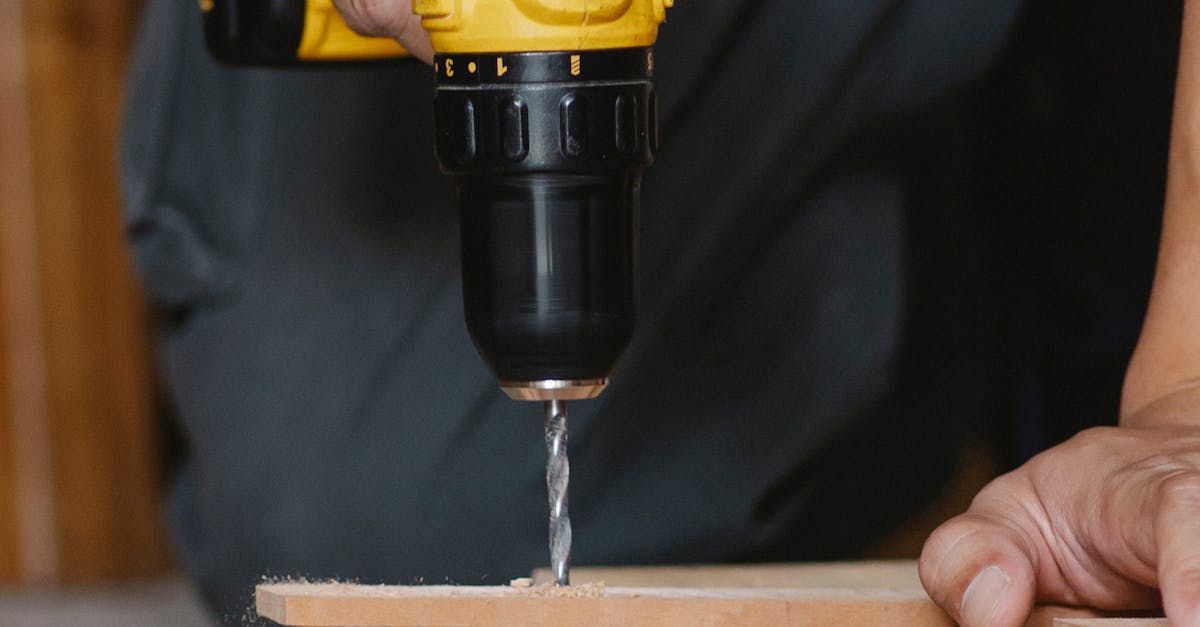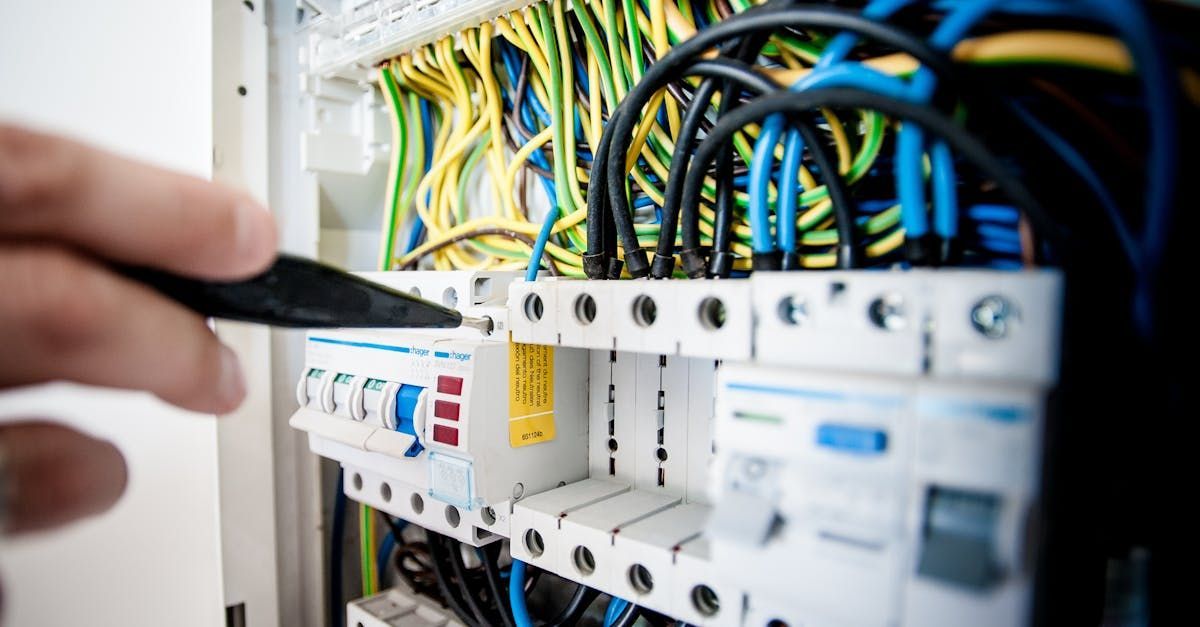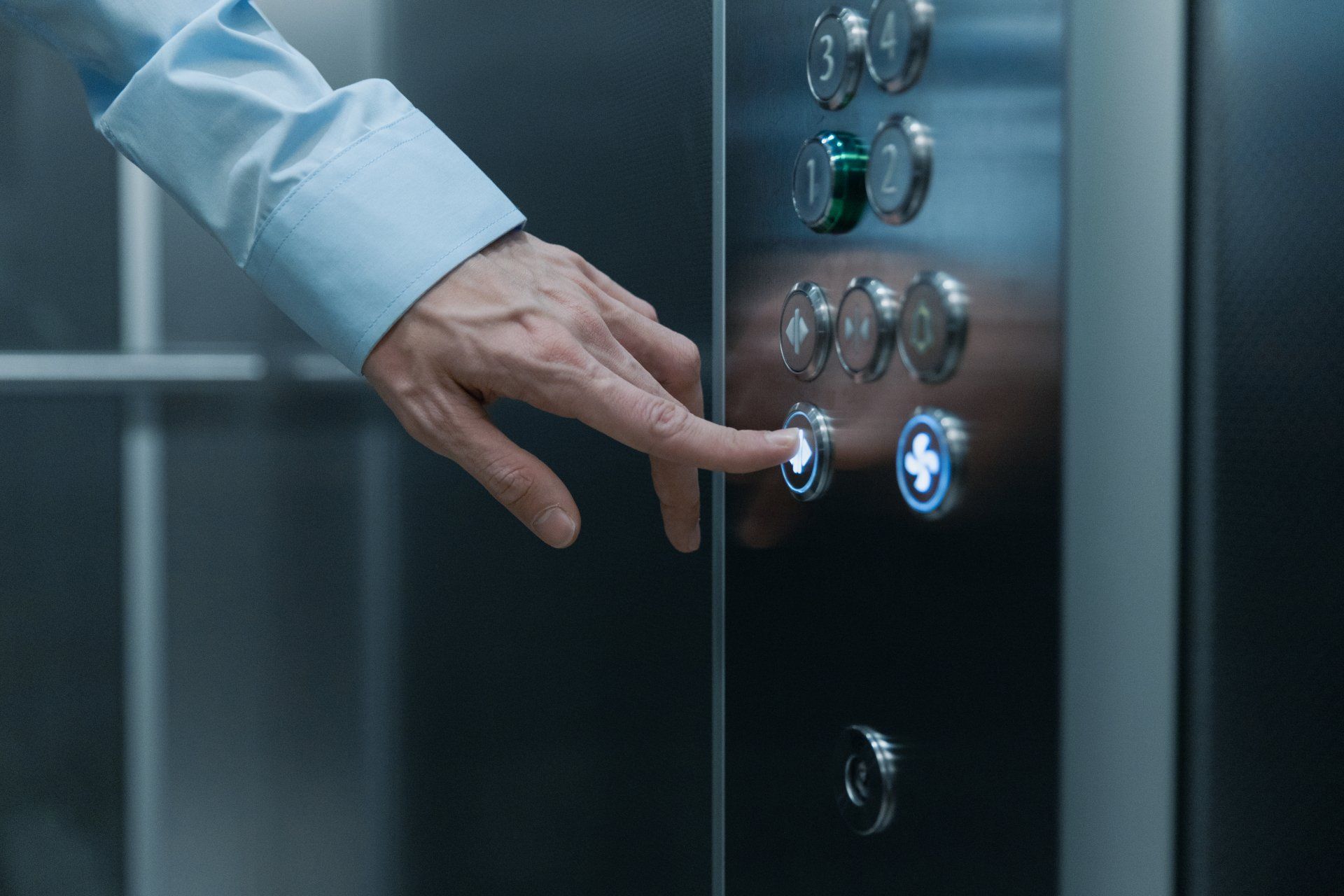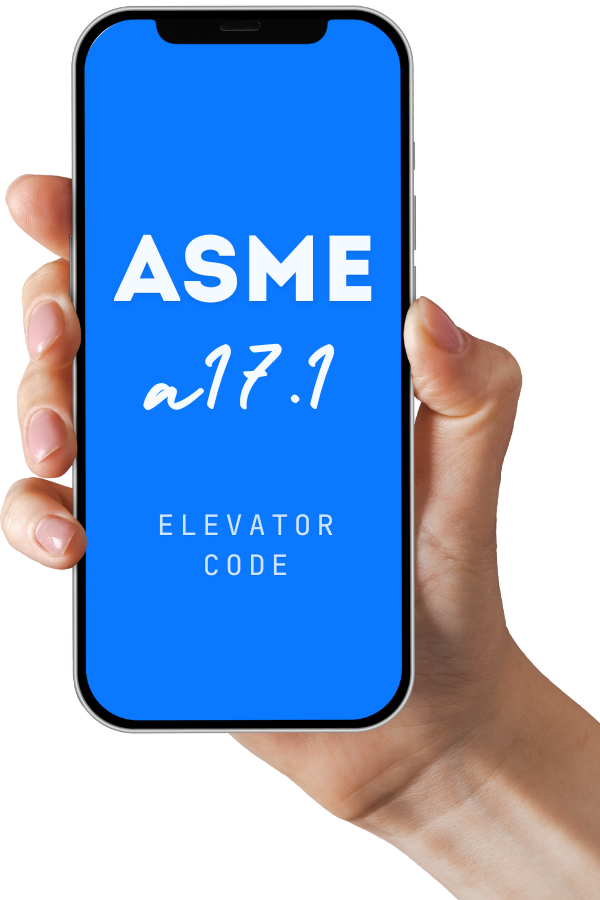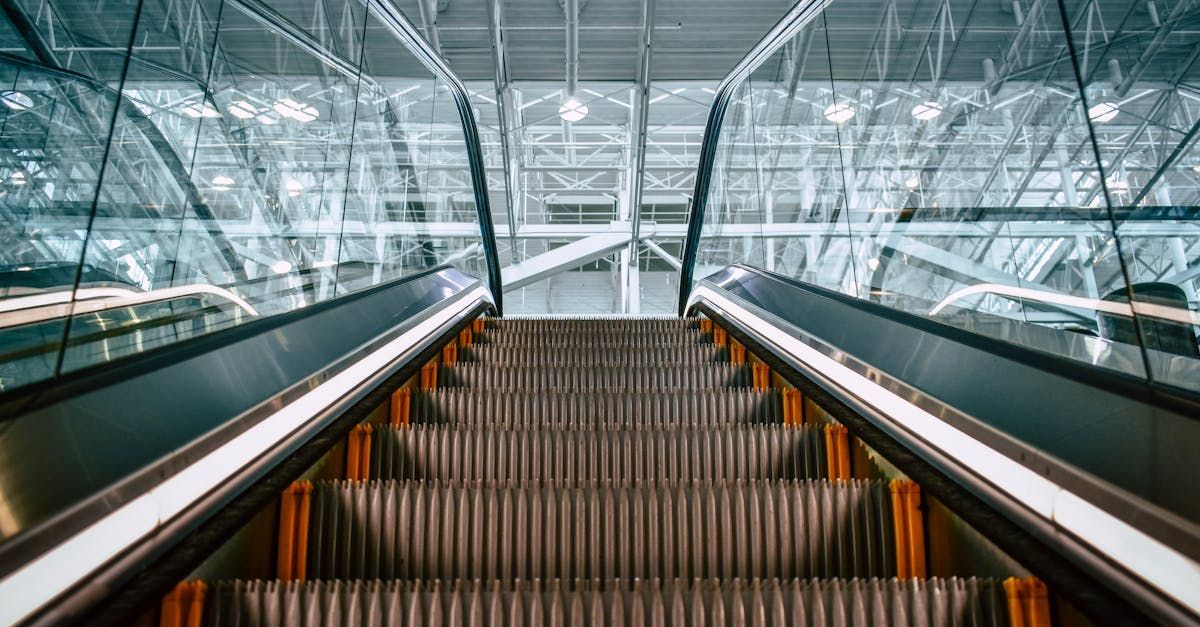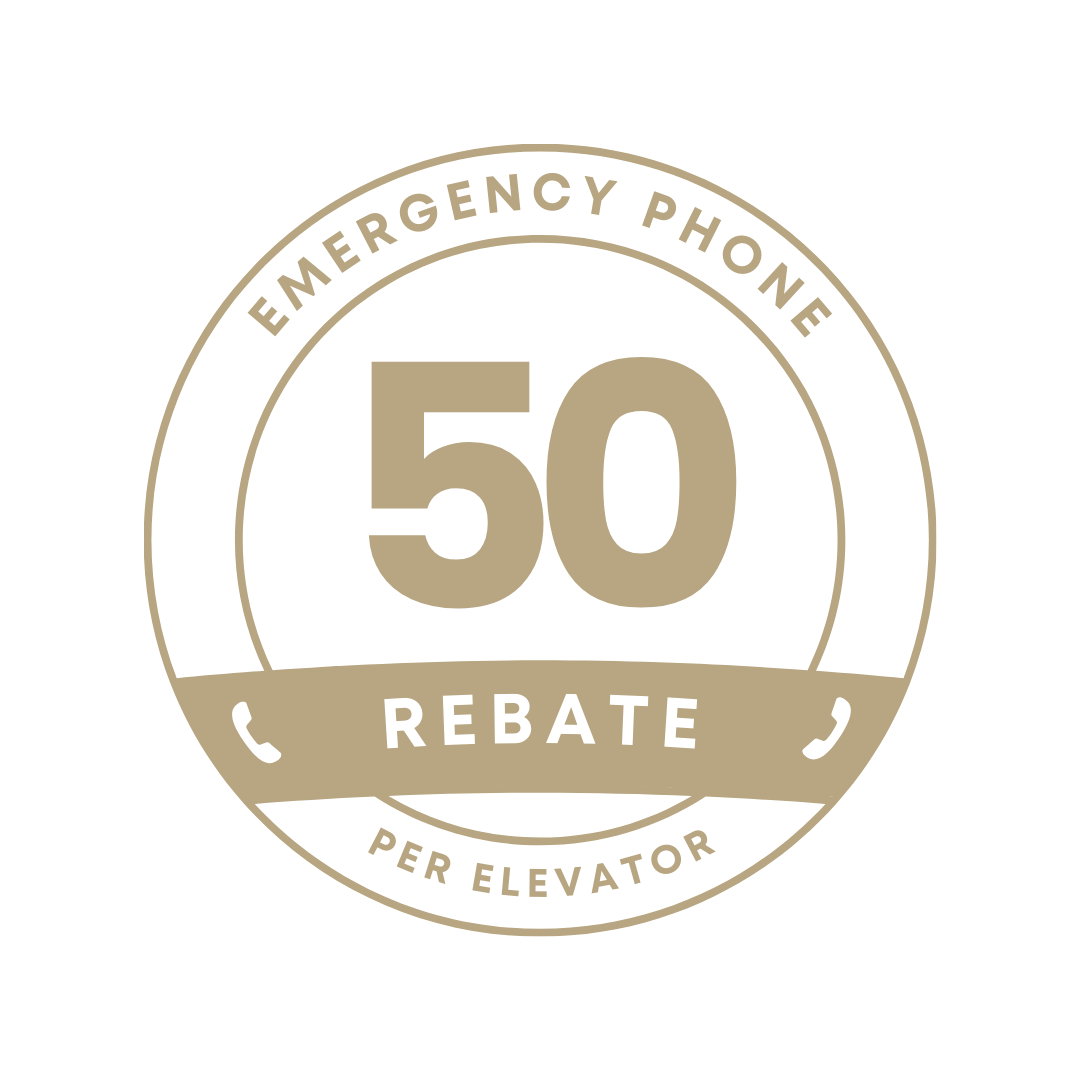Elevator Phone Line Requirements
Elevator Phone Line Requirements: What You Need to Know
Key Highlights
- Elevator phone lines are crucial for passenger safety during emergencies, providing a direct line to emergency personnel or building management.
- Regulations regarding elevator phone lines vary, but they generally require a dedicated line with battery backup to ensure functionality during power outages.
- Traditional POTS lines have historically been used for elevator phones, but modern alternatives like cellular and VoIP are gaining popularity.
- When choosing an elevator phone line solution, it's vital to consider factors like reliability, cost, and compliance with local codes.
- Regular testing and maintenance of elevator phone lines are essential to ensure their operability and adherence to safety standards.
Introduction
The elevator code states that elevators need a special phone line for emergency calls. In the past, this meant using POTS lines. Now, more people are using new systems like cellular and VoIP. This blog post will discuss the rules about elevator phone lines. It will explain why following safety standards is important. You will also learn about the different phone options available, along with their benefits and drawbacks.
Understanding Elevator Phone Line Regulations in the United States
In the United States, rules about elevator phone lines mainly follow the ASME A17.1 Safety Code for Elevators and Escalators. This code outlines basic standards for how elevators and escalators should be designed, built, used, inspected, tested, and maintained. The focus is on keeping both passengers and workers safe.
A key part of the ASME A17.1 code is about emergency communication systems in elevators. These rules make sure that passengers can reach help when there is an emergency. The code requires that these elevator communication systems work all day and night. They must also have battery backup power so they can keep running even during outages.
The Importance of Compliance with Safety Standards
The safety rules for elevator phone lines are important. They help keep passengers safe and allow for quick help in emergencies. A working elevator phone line can be very helpful. For example, if an elevator breaks down between floors, it lets people tell building managers or emergency personnel about the problem.
Also, if there is a medical emergency in the elevator cab, the phone line can get medical help fast. Quick contact with a dedicated phone line is key in such cases and can even save lives.
Following safety rules for elevator phone lines shows that a building cares about the safety of its passengers. It also lowers the chance of problems or penalties for not following the rules. Building owners and managers should focus on these standards to keep everyone safe.
Overview of Federal and State Requirements for Elevator Communication Systems
While the ASME A17.1 serves as the foundation, it's important to note that federal and state requirements for elevator communication systems can vary. Certain states or municipalities may have additional or more stringent regulations on top of the national code. These might encompass specifications for the type of communication system allowed, backup power requirements, monitoring services, or inspection frequencies.
Therefore, consulting with local authorities or elevator professionals familiar with the specific requirements in your area is crucial. This ensures that the chosen communication system complies with all applicable regulations, guaranteeing passenger safety and minimizing legal risks.
Options for Elevator Emergency Communication
Today, we have many ways to communicate for elevator phones. In the past, there was only one type of option. Now, there are several methods to keep riders safe and connect them to help in emergencies. Traditional landlines are still used, but new options like cellular and VoIP are becoming more popular.
Each of these options has its own benefits and downsides. Building owners and managers need to know these differences. This knowledge helps them make good choices that match their needs, budget, and local regulations.
Traditional Landlines vs. Modern Solutions
Traditional landline service has used copper lines for a long time. It has been the go-to choice for elevator phones. But now, modern solutions like VoIP (Voice over Internet Protocol) give building owners new options. Though POTS (Plain Old Telephone Service) lines are reliable and well-known, they can be expensive to set up and keep running. This is especially true as phone company rates go up.
VoIP uses existing internet connections to send voice data. This can lead to cost savings when compared to traditional landlines. VoIP also has helpful features like call forwarding and virtual numbers.
Here’s a closer look at the pros and cons of each option:
- Traditional Landlines:
- Pros: Reliable, easy to set up, does not need the internet.
- Cons: More expensive, fewer features, can be affected by cuts in copper lines.
- VoIP:
- Pros: Cheaper, has many features, can grow with your needs.
- Cons: Needs a good internet connection, may have voice quality problems if the internet is poor.
Advantages of Cellular and VoIP Solutions for Elevators
Cellular and VoIP are popular choices for elevator communication systems today. Cellular solutions use a special device called a cellular transceiver, which is put in the elevator shaft. This device allows for clear wireless voice communication. Here are some benefits of using cellular systems:
- Wireless Connectivity: You do not need physical phone lines. This makes installation simpler and reduces the need for copper wiring.
- Resilience: Cellular systems do not rely on the building's phone lines or internet. This means they can still work during power outages or problems with regular communication systems.
- Battery Backup: Many cellular systems come with battery backup. This ensures they keep working during emergencies.
VoIP solutions use the building's internet network to send voice calls. If there is strong internet, VoIP can be a cheaper choice than traditional landlines. This is especially true for buildings that already have an IP setup. However, it is important to have enough internet bandwidth and a reliable power backup to avoid communication problems in emergencies.
Implementing Your Elevator Communication System
Choosing the right communication system for your elevator is important. You need to think about several things: local regulations, the building's structure, your budget, and the features you want. It's essential to look at your specific needs and what matters most to you. Talking with experienced elevator professionals and providers of communication systems can help a lot.
They can help you pick the best solution and make sure it fits well with your elevator and the building. A good plan and proper execution will create a reliable communication system. This makes it safer for passengers and gives you peace of mind.
Step-by-Step Guide to Choosing the Right System
Navigating elevator emergency communication systems can feel overwhelming. But with a clear plan, it can be simple. Start by looking into your local rules. Contact your local building code office or an elevator inspector to learn about the specific requirements in your area.
Next, check your building's setup. Think about the available phone lines, internet connection, and backup power. If you have a stable internet connection and a good backup power system, VoIP can save you money. If you need it to be reliable and separate from existing systems, cellular options are a better fit. Be sure to talk to several vendors so you can compare prices and services.
Finally, make sure the vendor you choose is skilled and licensed. Ask about how they will install the system, including timelines and any possible interruptions. Understanding these details will help ensure a smooth changeover and create a solid emergency communication system for your elevator.
Installation and Maintenance Best Practices
Once you have picked the right elevator communication system, it is very important to install and maintain it well. Make sure trained technicians do the installation according to industry standards and local rules. Check that all system parts, like the phone, wiring, battery backup, and any visual signals such as lights showing call status, are installed correctly and work well.
Set up a regular maintenance plan with your service provider. Regular testing helps ensure the phone line works properly. It also guarantees reliable access to emergency services or building staff in case of a power outage. These tests should check the phone's sound quality, the strength of the cellular or internet signal, and inspect the battery backup system.
Keep a record of all maintenance work, including dates, what you found, and repairs done. This careful way of handling maintenance promotes a culture of safety, lowers the chances of system failures, and makes sure you follow all relevant regulations.
Conclusion
In conclusion, it is important to know and follow the rules about elevator phone lines. This keeps passengers safe. Choosing the right communication system that follows federal and state laws helps improve how quickly help can be reached during emergencies. You can choose traditional landlines or modern options like cellular and VoIP. It's vital to focus on following the best practices. By sticking to the installation and maintenance rules, you help make elevators safe for everyone. Stay updated, stay compliant, and put safety first when it comes to elevator communication systems. If you'd prefer to have a professional elevator phone monitoring service check, install, and monitor, your elevator phones, check out our Elevator Emergency Phone Rebate Program. We'll even give you $50 PER ELEVATOR for making the switch!
Frequently Asked Questions
Do all elevators require a dedicated phone line?
Most elevators need their own communication system. However, some places, like New York, may have special rules about phone lines in the elevator car. Always check with local authorities or elevator experts to know what you need in your area.
Can VoIP be used for elevator emergency phones?
Yes, VoIP can work as an emergency communication system for elevators. But, property managers must make sure that there is reliable internet. They also need enough bandwidth and strong backup power. This will help keep the service running during emergencies. This is important, especially if they rely only on wireless communication.
What are the penalties for non-compliance with elevator phone line requirements?
Penalties for not following the rules about elevator phone systems can be different. They can include fines, legal problems, or even closing the building until things are fixed. How serious these penalties are usually depends on local elevator codes and what rule was broken.





